

Discover more from Weapons and Strategy
The Saudi Arabia sponsored "peace talks" failed to accomplish anything. Ukraine was hoping to bring on board more "neutral" countries supporting Ukraine's policy. That didn't happen, and the Ukrainians were no doubt disappointed that the big Saudi sponsored dog and pony show failed to do anything to objectively help Ukraine.
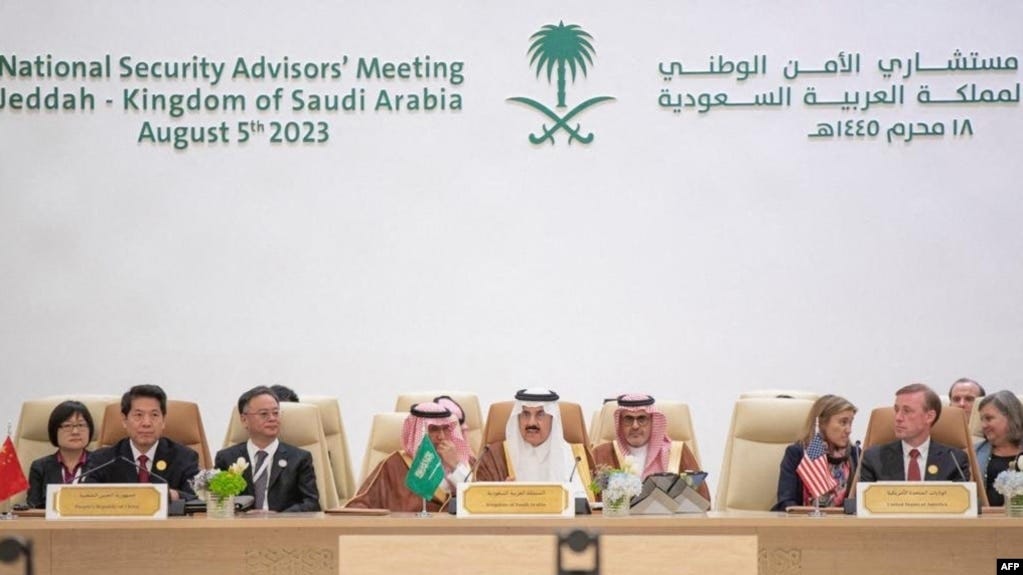
Russia, of course, did not attend because Russia was not invited. Had Russia been invited, Ukraine would not show up, so the die was cast right from the start. No Russia, No peace.
The 40 countries in attendance could not agree on a common statement, so the "peace conference" ended without any statement on its alleged accomplishments or any declaration for a way forward.
The meeting in Jeddah, Saudi Arabia no doubt was designed by the United States to try and convince the BRICS countries to not support Russia on Ukraine. BRICS consists of Russia, Brazil, India, China and South Africa with a number of other countries applying for membership. Brazil, India, China and South Africa attended the peace conference that also included Iran. China said the conference was useful and hoped to see another conference in future. China has been posing as a mediator in the Ukraine-Russia dispute.
China could be regarded as a swing country were a peace agreement to be reached in a consensus without Russia. But that is a far fetched proposition, and China is playing the game to keep the US from pressuring it with sanctions. China's economy is presently in serious trouble, and there are purges going on in China's leadership, including the removal of its foreign minister Qin Gang, and dismissal of the top leadership of China's missile forces. All of this suggests that China's leadership, led by Xi Jinping, is under assault. Should the economy continue to crumble, and as more and more foreign investors decouple from China, Xi's future is uncertain and dark clouds circle over the faltering Chinese Communist regime.
Even before the Russian invasion of Ukraine, the US has steadily opposed any negotiations with Russia on Ukraine. Attempts by France and Germany, Turkey and Israel have all been blown out of the water by US objections to any deals. US policy, insofar as it can be determined by its actions, is to help Ukraine win the war against Russia while the US did its utmost to provoke regime change in Russia.
Two things are now clear. The effort to overthrow the Putin government in Russia appears to have failed. Putin seems back in firm control. Meanwhile, the Ukrainian counter offensive against Russian forces in eastern and southern Ukraine, has proven to be a costly failure, and that failure, in turn, has repercussions in NATO. Despite heavy training by NATO of Ukraine's top brigades, and the supply of US and European weapons, including armored systems such as Leopard tanks and Bradley infantry fighting vehicles, plus US military planning and organization, including massive tactical intelligence support, Ukraine's forces have taken a heavy beating. Ukraine did not achieve any significant breakthrough.
How does this play out in NATO? It has long been understood that NATO would have grave difficulty defending critical parts of the Baltics and Eastern Europe from a Russian attack. NATO's expansion was always a military risk. The idea of trying to add Ukraine to the NATO portfolio, and depriving Russia of its markets throughout Europe, has done at least as much damage to Europe as it has to Russia, perhaps more. For example, the era of cheap energy for Germany, fueling its industrial power, has ended, and the critical Nordstream pipeline, at least for the foreseeable future, has been destroyed. Some experts talk about the de-industrialization of Germany. Germany has always got its security on the cheap, by letting the US provide the security while German companies made a lot of money. Today, however, German companies are not making a lot of money and the US has all but run out of military supplies to backstop the Germans.
Now the NATO countries are starting to understand that their best equipment is not enough to protect them in case of war. At some point in the not too distant future, key European countries will back away from their enthusiastic support for Ukraine and NATO expansion, and from billions of dollars of military equipment consumed in the war, and seek an accommodation with the Russians. While it is possible for Washington to intimidate Scholtz in Germany, or Macron in France, intimidation has its limits.
The battlefield situation in Ukraine is highly unfavorable to Ukraine's future. Ukraine's army leaders know that, even if they hope for some miracle. Probably Ukraine can try and keep the line of contact somewhat stable, by mounting small (but costly) attacks, as they just did (and failed) in Robotyne. The question, though, is how long the Ukrainian army can continue to burn equipment and manpower, or even if they any longer want to do so. Should Ukraine's top military leaders, such as chief of staff Valerii Zaluzhny, or head of the ground forces, Oleksandr Syrskyi, decide they want to head off a complete collapse, they may find a way to force Ukraine's political leaders to drop their hard line and negotiate with Russia. It isn't clear how close we are to a complete collapse in Ukraine, but the large number of casualties and losses of equipment, and sagging morale, leaves the impression that a day of reckoning is not far off.
The failure of the Saudi "Peace Conference" is another good indicator that Washington is at a dead end and the Ukrainians may have to find a new way to solve their problem with Russia.




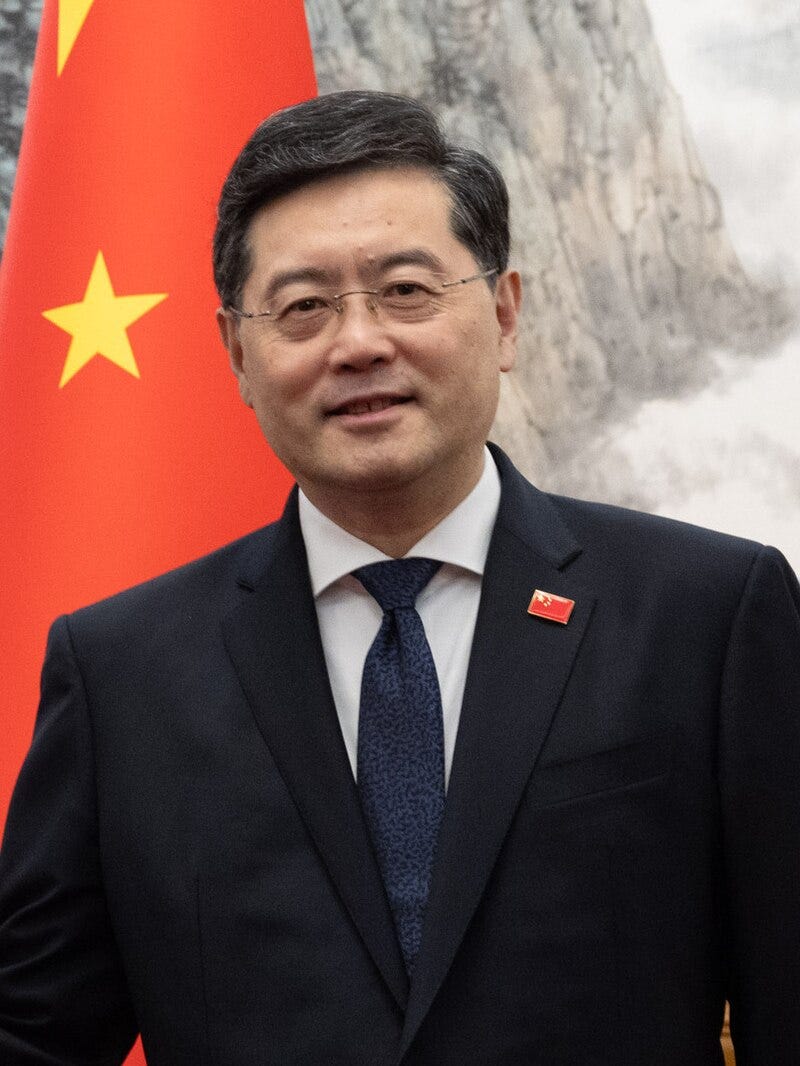
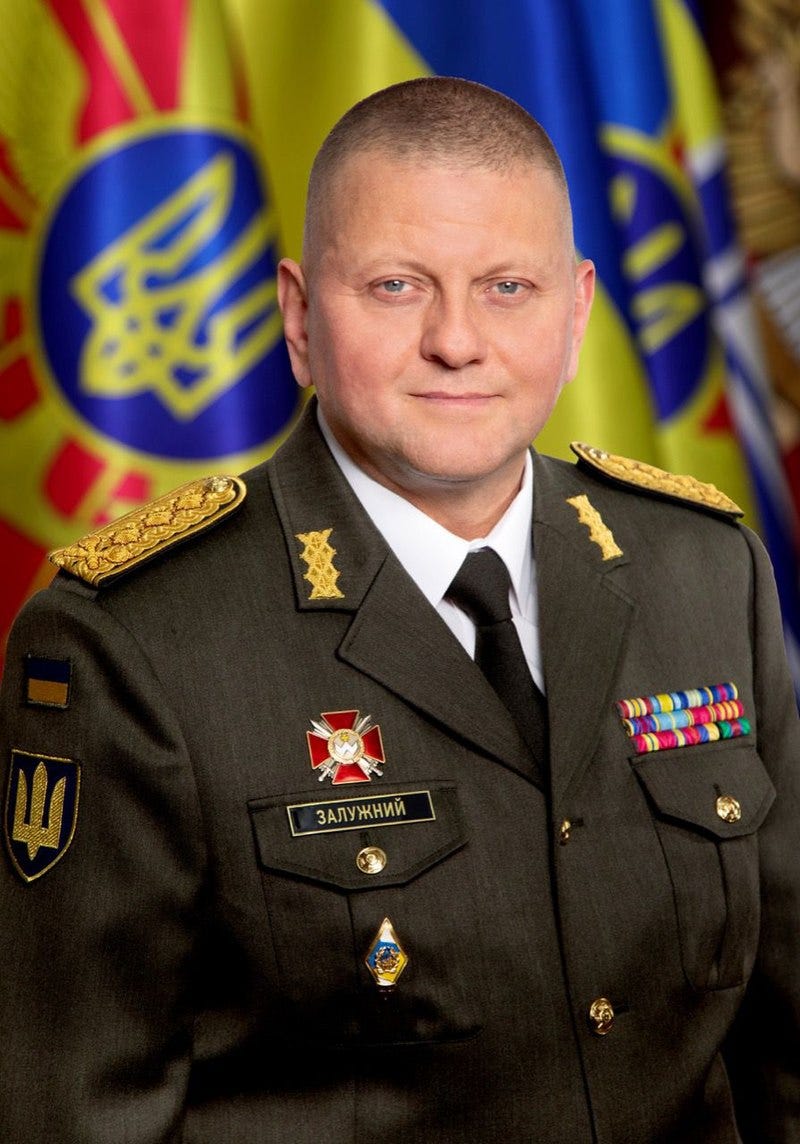





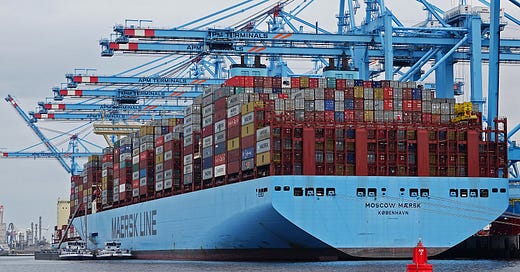

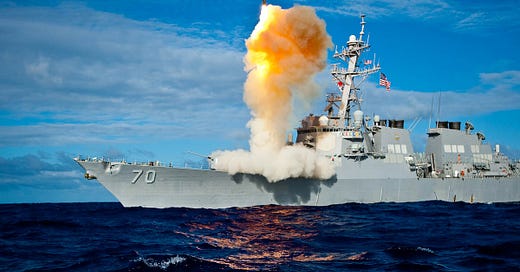

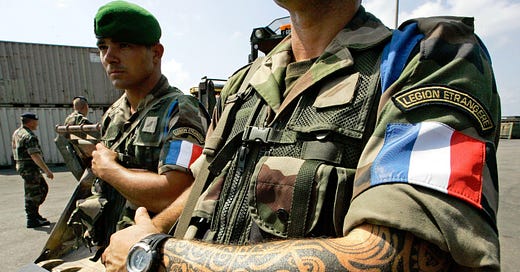

It is difficult not to conclude that all the Western "assistance" Ukraine is receiving is intended merely to keep them in the war as long as possible, rather than to prevail. High US officials and even a RAND Corporation study are on record as saying that the primary objective is to "weaken Russia" by entangling them in this war as long as possible. So the early intention was to give Ukraine just enough help to keep them at work "weakening" Russia. An early peace would not have met this objective, hence the torpedoing of the Istanbul agreement back in March 2022.
To the West's chagrin, this level of "just enough help" has turned out to be 1) everything the West can afford and/or scrape together, and 2) "not quite enough" even so. So launch Plan B.
Since Russia hasn't been "weakened" enough yet (ha ha), they need to keep this going yet longer. But given items 1) and 2) above, about the only strategy left is to try getting the neutrals on board to provide more support, if not in the form of money/weapons, at least on the sanctions front. Hence this "Peace Conference."
Perhaps the saddest part of this whole train wreck of a war is its effect on the Ukrainians themselves. There are, of course, those who have for a long time espoused blind hatred of all things Russian. But Zelensky's pre-election rhetoric suggested that he wanted peace across the board, with Russian speakers free to live as they chose. And that is what the Ukrainian majority voted for. Doesn't look much like they got it, does it?
Notice how this is yet another example of the new convention wherein they give things names that are the opposite of what they really are. In this case, the "Peace Conference" was never about peace, but rather was about convincing more nations to embrace war.
thanks stephen! i agree with much of what you say, although it is the usa driving much of this, so really a peace deal with usa and russia would be the best approach, but that strips off the bs and that won't be allowed in the msm... my one quibble with your post is this line : " Germany has always got its security on the cheap..." it only looks this way until one acknowledges germany has been a vassal of the usa since after ww2! and it continues to be! they can do anything they want to, so long as they don't express any real independence.. the nato arrangement sealed the deal a few years later..